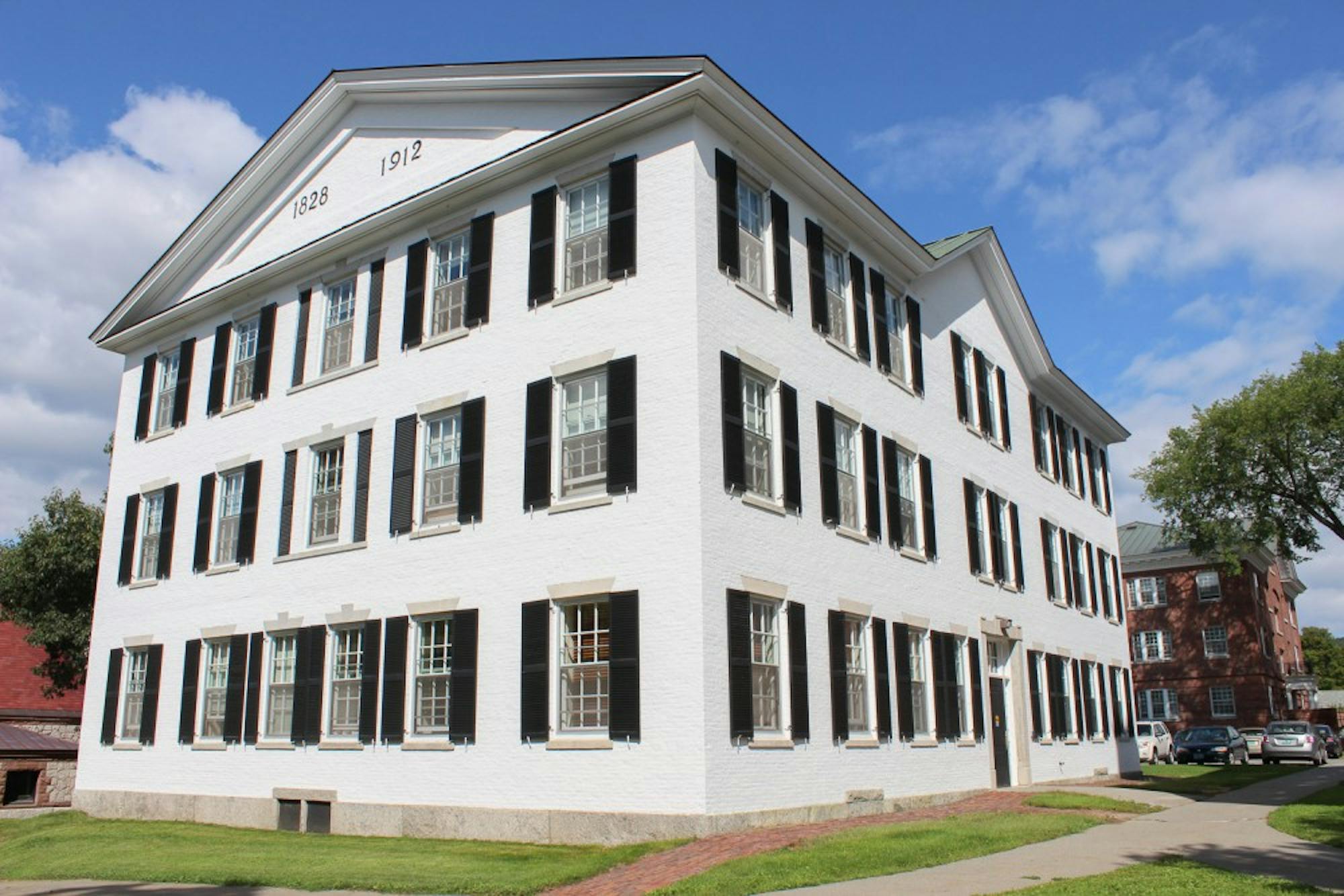Applications for the Humanities 1-2 class sequence, a program offered to incoming freshmen to fulfill the writing and first-year seminar requirement, soared this year among members of the Class of 2018. The program received 135 applications for 48 spots, while applicant pools have been closer to 75 students in past years, program administrator Wadeane Kunz wrote in an email.
The directors had not increased the number of available spots this year because the infrastructure for doing so was not in place, but program director Andrea Tarnowski said in the future they might offer the class to more students.
The class is advertised as a discussion- and reading-intensive class focused on literature spanning many genres, nationalities and traditions which have influenced Western culture. Applicants are asked to write a short essay about a memorable book they read recently.
Tarnowski said she could not explain the dramatic upswing in applications. Efforts and methods to advertise the class to incoming freshmen remained largely the same as in previous years. Program administrators sent a letter home to members of the Class of 2018, inviting them to apply, sent two emails and created a website for this year’s program.
“Some of these questions can depend on intangibles,” Tarnowski said. “Perhaps our subject headings were a little different. Maybe people were more attuned to emails coming in from different departments. Was it something about the timing about our reminder? Did people respond well to the graphics?”
Though the process was inevitably more competitive due to the application increase, Tarnowski said the applicant evaluation method, in which professors assessed essays, remained the same. This year, most students wrote about a work of fiction, she said.
Professors created a substantial waitlist last week and sent out acceptances Tuesday, Tarnowski said.
Classics professor Pramit Chaudhuri, one of the professors leading the class this year, helped evaluate applications.
“We were looking for an ability to express yourself, an interest in the material, though the ways that interest could manifest itself could vary … and that they saw the humanities course playing an important part in their curriculum regardless of major,” Chaudhuri said.
The class, which Tarnowski said has been offered for around 25 years, used to be very popular in its early years, but enrollment waned about a decade ago.
“I have a feeling that maybe people initially or at one time came to turn away from it because they wondered how humanities would be useful to them, useful in a professional sense,” she said. “People were so focused on courses having a direct professional connection that even as freshmen they might have shied away from a course whose title was humanities.”
The number of degrees awarded in the humanities field has slowly and steadily declined since 2004, when 24 percent of majors completed were in humanities departments. In 2013, 17 percent of degrees awarded were in humanities subjects.
Retaining enrollment in humanities departments is not a goal of the Humanities 1-2 sequence, Tarnowski said, but it could certainly be a byproduct.
Gisele Phalo ’17 decided to apply for the program when the reading list — which included works like Dante’s “Inferno” — sparked her interest. She said she liked the small class size and its emphasis on free-flowing discussion.
Phalo, however, decided not to take Humanities 2 in the winter, instead taking a film class for her writing seminar. Although she said she had considered majoring in Arabic or classics, she realized in conversations with her first-year advisor that this meant she would probably need to go to graduate school.
Jake Greenberg ’17 said he was drawn to the class by his desire to read and contextualize important literature, and because it seemed like a good “Dartmouth College experience.”
The class’s application process and competitive entry might add to the allure for incoming freshmen, he noted.
“It makes it more prestigious,” Greenberg said. “I would have taken the class even if there wasn’t an application. I was kind of worried I wouldn’t get in.”
The popularity of this year’s program might end up bolstering the humanities division, Chaudhuri said, helping develop a “critical mass of students” with a sophisticated understanding of the humanities.
Humanities subjects in general must be more aggressive in recruiting talented and interested students from across the nation and globe, Chaudhuri added.
The classics department has been running sessions and inviting classics graduates from all professions to come to the College and talk about their career successes, he said.
“The more we do that, the more we can correct misapprehensions they’re laboring under,” he said.




